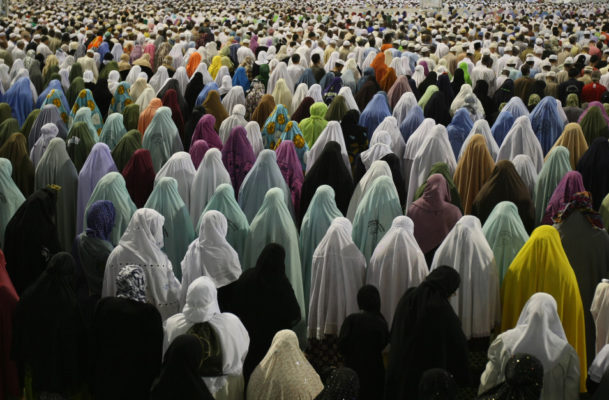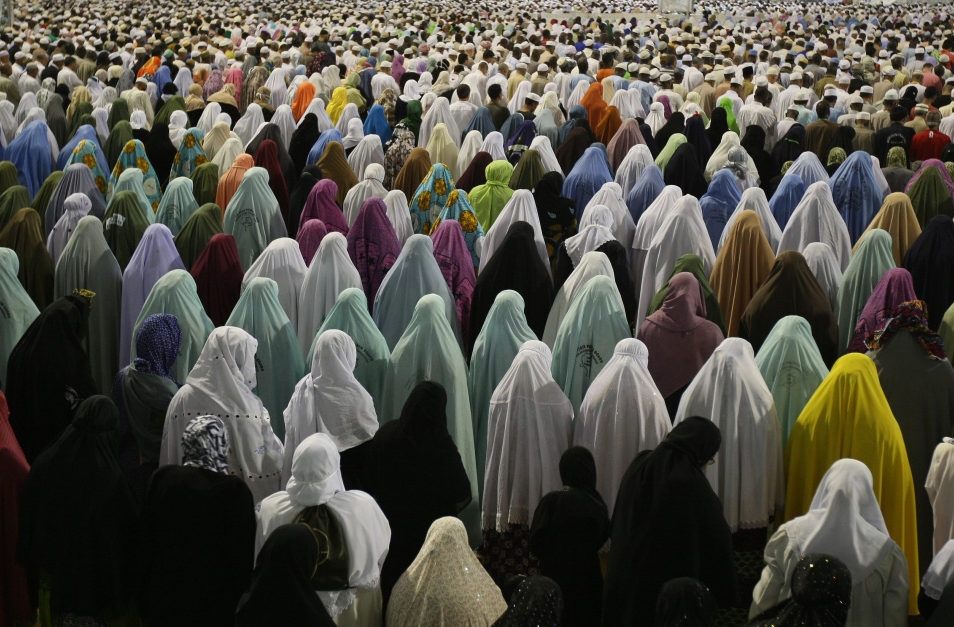Bahrain’s Ministry of Islamic and Judicial Affairs has announced a new policy requiring Bahraini women under the age of 45 must be accompanied by a male guardian in order to hajj, a religious pilgrimage in Mecca. Local newspaper Al Wasat has reported that the new policy will be implemented in 2017.
The restriction is one of many attempts by the Kingdom of Bahrain to impede civil liberties over the past several months. In the wake of a particularly harsh crackdown on political opposition groups and Shia religious leaders, the Special Procedures from the United Nations Human Rights Council issued a statement condemning the arbitrary summoning, detention, and denaturalization of Shia clerics and human rights defenders this year. The US Department of State and the United Kingdom have also expressed their concern over the deteriorating human rights situation in Bahrain. However, persistent failure to accompany these criticisms with direct action has permitted the Kingdom to continue abusing its power.
Bahrain’s alliance with the Kingdom of Saudi Arabia may also be a factor in its recent reprisals against dissidents. Bahraini authorities have attributed their new hajj policy to a Saudi regulation by which they must abide. It remains unclear whether the guardian requirement applies to women from countries besides Bahrain. Several press statements in Bahraini state media have reaffirmed cooperation between the two kingdoms, describing the relationship as “brotherly” and “fraternal.” Bahrain may wish to appease their Gulf neighbor in order to maintain positive relations by issuing this new gender-biased rule. The guardian limitation for women stems from Saudi tribal traditions, and has previously only existed in the Saudi kingdom.
With Saudi Arabia as an ally, Bahrain has been emboldened to violate its citizens’ rights without consequence. In the recent past, Saudi leaders’ monetary influence has helped them evade retributions from the international community. The weight of Saudi Arabia’s pressure is exemplified by their uninhibited involvement with the United Nations Human Rights Council, and current arms sale agreements with the US, despite leading a war campaign in Yemen that has killed 6500 and displaced 2.5 million people. This has set a dangerous precedent for Bahrain to get away with infringing upon basic rights while knowing that Saudi financial power will protect them.
Bahrain has previously boasted about its progressive stances on women’s rights. However, human rights advocates in the region dismiss certain improvements, such as granting women’s suffrage, inconsequential due to social and legal barriers still in place. These measures create a facade of progress, distracting the international community from human rights abuses that the Kingdom inflicts upon its citizens.
While political attention is diverted to the government’s infringement upon the freedoms of speech, assembly, and religion, the state of women’s rights is also regressing. Human rights groups have seen the U.S. Department of State, the United Nations, and other global authorities fail to adequately address Bahrain’s oppressive tactics. It is vital that Bahrain’s foreign allies establish an arms ban to show that countries who do not uphold internationally accepted human rights standards will experience consequences. Otherwise, basic human rights, including the rights of women, will continue to decline in Bahrain.

Farah Kader is an Advocacy Fellow for ADHRB.





